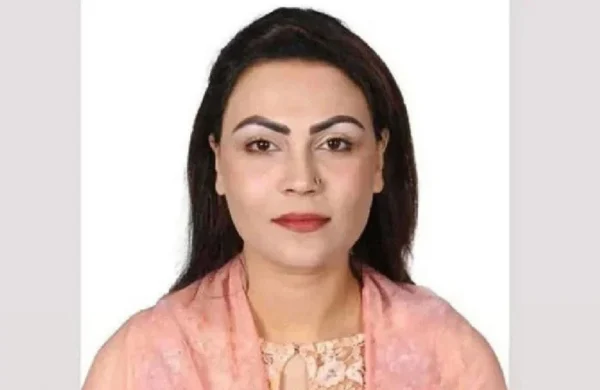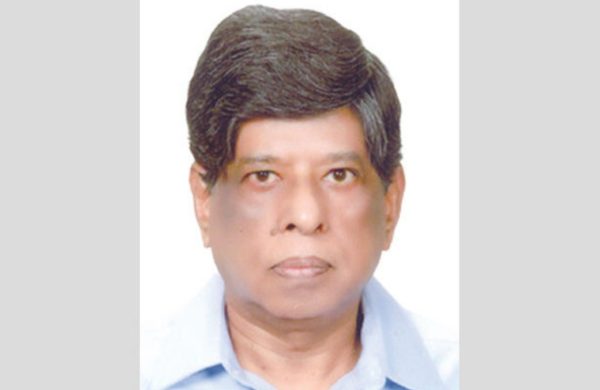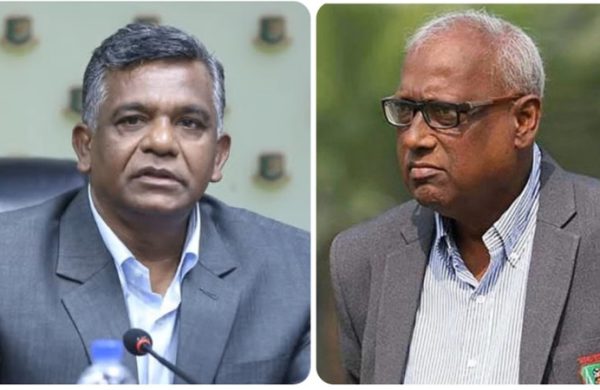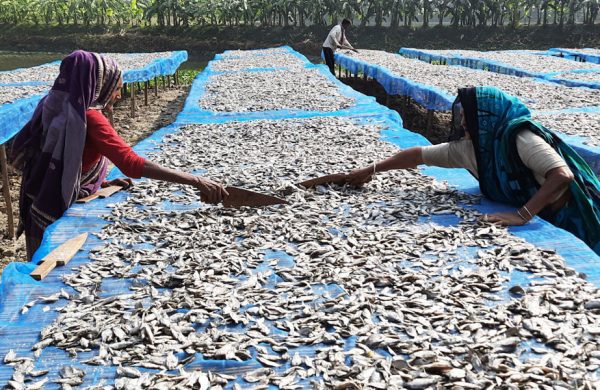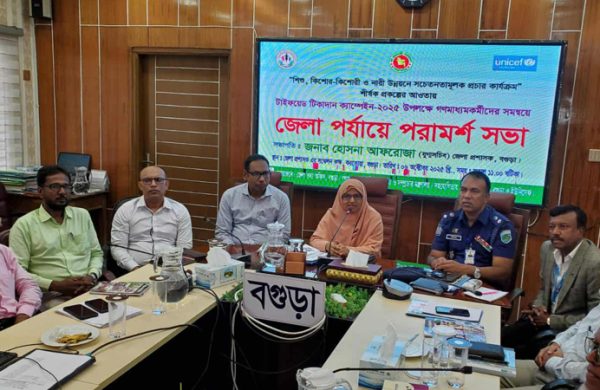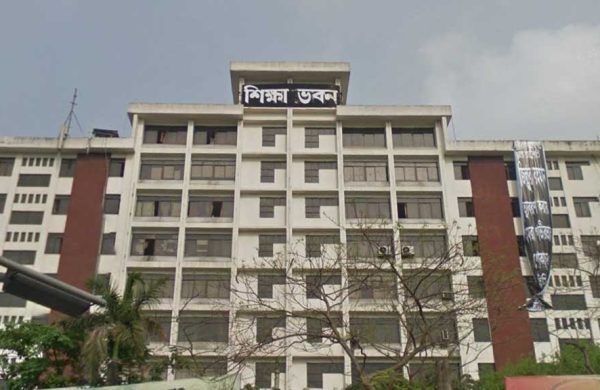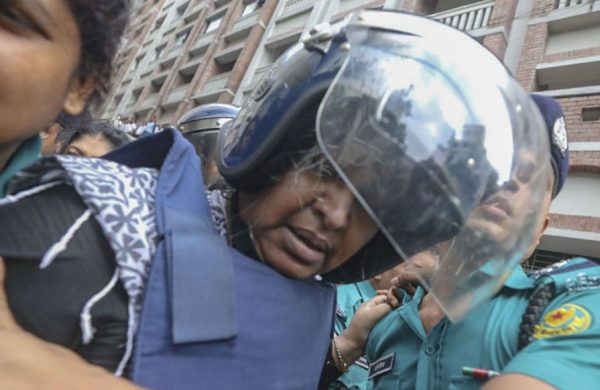Only Solution to All Questions Lies in an Election
- Update Time : Sunday, October 5, 2025
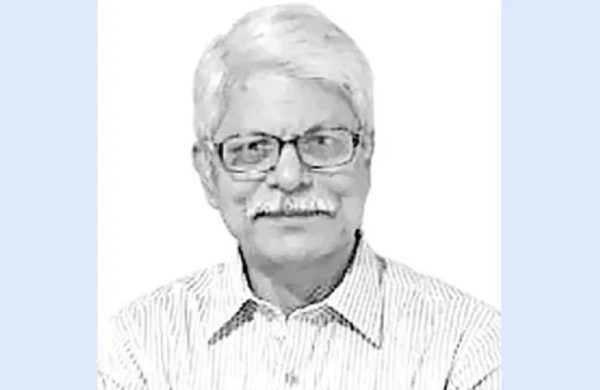
—Anwar Hossain Manju—
Was it truly so difficult for the interim government, after assuming office in August last year, to hold a national election and hand over power to an elected administration within a year? It is true that the July uprising assigned the interim government a set of crucial responsibilities — implementing pre-election reforms and prosecuting fugitive former Prime Minister Sheikh Hasina and her associates for genocide and crimes against humanity. Despite the complexities of these tasks for any unelected authority, they were unquestionably vital for national necessity. Yet, more than a year and two months have passed, and the government has still failed to complete the reform process.
So far, the only progress has been the submission of an 8,500-page charge sheet by the prosecution to the reconstituted International Crimes Tribunal (ICT) last June in five cases against Sheikh Hasina for crimes against humanity committed during the July 24 uprising. The timeline for verdicts depends on the tribunal’s pace.
However, the delay in holding an election has already triggered widespread questions — particularly regarding the constitutional legitimacy of the interim government. Since it did not annul the constitution upon assuming power, and the constitution itself has no provision for an interim government, legality required an early election to legitimise both the revolution and the administration’s actions up to the formation of the 13th National Parliament on 8 August 2024.
Bangladesh has previously held four national elections under non-partisan caretaker governments — all within the 90 days mandated by the constitution. If elections could be held then within three months, surely 14 months was more than enough for the post-revolution interim government to carry out reforms, prosecutions, and polls. The July Revolution was a natural culmination of mass resentment against an autocratic regime — a people’s yearning for change. Every post-revolution government is expected to uproot the remnants of the old regime’s injustices and restore institutional order. An immediate election was essential to achieve that stability — a goal the government has failed to meet.
In the absence of elections, various political parties — including those uninvolved in the revolution — have begun claiming credit and seeking to shape national discourse. The National Consensus Commission held 45 sessions with 35 parties and alliances, discussing 166 proposals, reaching consensus on 62. The process was long, complex, and far removed from the revolutionary urgency of swift transformation.
The student-led anti-discrimination movement that spearheaded the revolution has since formed the National Citizens’ Party (NCP). On 5 August last year, the day Sheikh Hasina fled, they could easily have formed a government themselves. Yet they chose not to seize power, instead entrusting respected Nobel Laureate Dr Muhammad Yunus to lead the interim government — an act of prudence and humility.
But as time passes without elections, the risks for these revolutionaries are growing. The fallen Awami League, along with its beneficiaries from 2009 to 2024, has turned its fury towards the anti-discrimination student leaders who toppled Hasina’s regime. Recent physical attacks in New York and London on Information and Broadcasting Adviser Mahfuz Alam, and on NCP leaders Akhtar Hossain and Dr Tasnim Zara, highlight these dangers. Legal experts like Senior Advocate Shishir Monir have warned that failing to legitimise the July Revolution poses risks for everyone involved.
Meanwhile, Sheikh Hasina, speaking provocatively from Delhi, has emboldened anti-national elements by declaring, “I am still the Prime Minister of Bangladesh” and calling Dr Yunus’s government “illegal and unconstitutional.” The Awami League’s history of vindictiveness is well known — they have learned nothing from 1975 or from their violent downfall in 2024.
Any delay now risks internal confusion among allies and emboldens the forces of disorder. The BNP’s behaviour offers a clear example. Instead of unity, BNP leaders have chosen to attack the NCP verbally since the revolution’s success, expressing resentment that the NCP did not align with them. NCP Joint Convener Monira Sharmin said in a television interview, “We had hoped that the post-revolution political culture would change. Sadly, it hasn’t.”
The BNP’s hostility extends to Jamaat-e-Islami, despite their past alliances — including in 1991, when BNP could not have formed a government without Jamaat’s support. Now, BNP leaders such as Tarique Rahman are distancing themselves from Islamic parties, declaring that religion-based politics is unacceptable — a stance that may weaken them electorally.
In fact, the BNP’s post-revolution conduct mirrors the Awami League’s arrogance. From top to bottom, their rhetoric and behaviour reflect the same hunger for dominance. During their previous tenure, Bangladesh ranked repeatedly at the top of Transparency International’s corruption index. Since 5 August last year, extortion and land grabbing have merely changed hands — from Awami League loyalists to BNP activists. If BNP resorts to ballot-box stuffing and voter intimidation in the next election, it will surprise no one.
The interim government could have strengthened its position by swiftly implementing reforms mandated by the July Charter, amending the constitution, and completing at least one symbolic trial against Sheikh Hasina in absentia. Like the Nuremberg Trials after World War II, such justice should have been swift — both to uphold accountability and to deter future abuse of power.
Preparations are now underway for a national election in mid-February. Some argue it won’t be “inclusive” without the Awami League’s participation. But Bangladesh has seen many elections without either major party. Governance is a continuous process — the state does not stop because a party is barred. Given the Awami League’s long record of corruption, violence, and looting, many now argue that it should be excluded from elections for several terms.
——————————————————-
The writer is a US-based senior journalist and translator.



